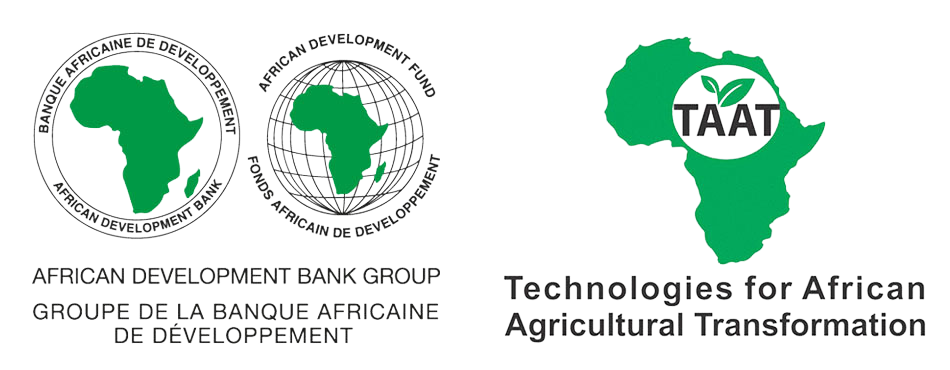


Low cost fertilizer for healthy and profitable agriculture for African farmers.
Frass is a compost derived from black soldier fly (BSFL) larvae treatment of biodegradable wastes. In a commercial context, BSFF often refers to a mixture of primarily BSFL faeces, substrate residues, shed BSFL exoskeletons, and a microbial population that carries out fermentation. One of the primary reasons for the high value placed on BSF frass is its nutrient-rich composition. Packed with essential soluble nutrients like nitrogen (1.7 to 1.9%), phosphorus (from 1.0 to 2.5%), potassium, and micronutrients. Organic matter content (C/N ratio) of BSFL frass derived from different types of food may range from 8:1 to 27:1.
This technology is validated.
National phase application
Reducing Environmental Contamination: By processing organic waste, BSFF technology mitigates the risk of soil and water contamination from improper waste disposal, contributing to a healthier environment.
Soil Fertility Improvement: The frass produced by BSFF technology is rich in essential nutrients (nitrogen, phosphorus, potassium), which helps restore soil fertility and address nutrient imbalances in smallholder farms.
Combatting Soil Erosion: The application of BSFF frass improves soil structure and organic matter content, enhancing its capacity to resist erosion and support sustainable agricultural productivity.
For Manufacturers
Manufacturing BSFF technology provides a sustainable and innovative solution for organic waste management and soil fertility enhancement. This technology positioning manufacturers as leaders in eco-friendly agricultural practices.
To succeed in this market,
For Resellers
Reselling BSFF technology offers a unique opportunity to provide a valuable product that enhances soil health and boosts crop yields.
To thrive in this sector,
For Users
BSFF technology empowers users by providing an effective organic fertilizer that improves soil fertility and enhances crop productivity.
To maximize benefits,
Adults 18 and over: Positive high
The technology creates job opportunities and encourages youth to innovate in sustainable agricultural practices and waste management.
The poor: Positive high
Low-cost organic fertilizer improves farm profitability and promotes sustainable farming practices, contributing to food security.
Under 18: Positive medium
Reducing organic waste contributes to a healthier environment and promotes well-being.
Women: Positive medium
Access to affordable organic fertilizer enhances crop yields and income while empowering women in agricultural decision-making.
Climate adaptability: Highly adaptable
BSFF technology enhances soil health and resilience, contributing to improved agricultural adaptability in the face of climate change.
Farmer climate change readiness: Significant improvement
BSFF technology enhances farmers’ ability to adapt to and mitigate the effects of climate change.
Biodiversity: Positive impact on biodiversity
The integration of organic fertilizers supports diverse microbial life in the soil, promoting overall biodiversity within agricultural systems.
Carbon footprint: A bit less carbon released
It contributes to lower carbon emissions through reduced reliance on synthetic fertilizers and improved waste management practices.
Environmental health: Greatly improves environmental health
The technology minimizes waste accumulation and pollution, leading to healthier ecosystems and reduced greenhouse gas emissions.
Soil quality: Improves soil health and fertility
BSFF fertilizer enriches soil with essential nutrients and organic matter, improving soil structure and fertility over time.
Water use: Much less water used
The use of organic fertilizer from BSFF reduces the need for chemical fertilizers, which can lead to better water quality and reduced runoff.
Scaling Readiness describes how complete a technology’s development is and its ability to be scaled. It produces a score that measures a technology’s readiness along two axes: the level of maturity of the idea itself, and the level to which the technology has been used so far.
Each axis goes from 0 to 9 where 9 is the “ready-to-scale” status. For each technology profile in the e-catalogs we have documented the scaling readiness status from evidence given by the technology providers. The e-catalogs only showcase technologies for which the scaling readiness score is at least 8 for maturity of the idea and 7 for the level of use.
The graph below represents visually the scaling readiness status for this technology, you can see the label of each level by hovering your mouse cursor on the number.
Read more about scaling readiness ›
Uncontrolled environment: tested
Common use by projects NOT connected to technology provider
| Maturity of the idea | Level of use | |||||||||
| 9 | ||||||||||
| 8 | ||||||||||
| 7 | ||||||||||
| 6 | ||||||||||
| 5 | ||||||||||
| 4 | ||||||||||
| 3 | ||||||||||
| 2 | ||||||||||
| 1 | ||||||||||
| 1 | 2 | 3 | 4 | 5 | 6 | 7 | 8 | 9 | ||
| Country | Testing ongoing | Tested | Adopted |
|---|---|---|---|
| Benin | –No ongoing testing | Tested | Adopted |
| Cameroon | –No ongoing testing | Tested | –Not adopted |
| Democratic Republic of the Congo | –No ongoing testing | Tested | –Not adopted |
| Ghana | –No ongoing testing | Tested | Adopted |
| Kenya | –No ongoing testing | Tested | –Not adopted |
| Mali | –No ongoing testing | Tested | –Not adopted |
| Niger | –No ongoing testing | Tested | –Not adopted |
| Nigeria | –No ongoing testing | Tested | –Not adopted |
| Togo | –No ongoing testing | Tested | –Not adopted |
This technology can be used in the colored agro-ecological zones. Any zones shown in white are not suitable for this technology.
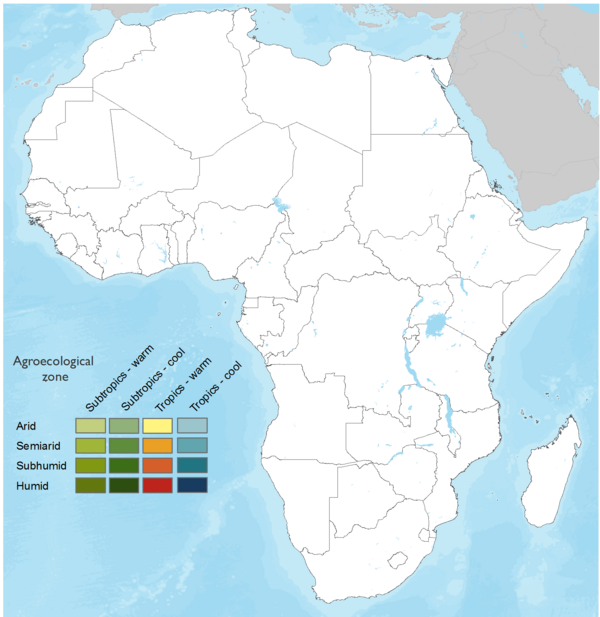
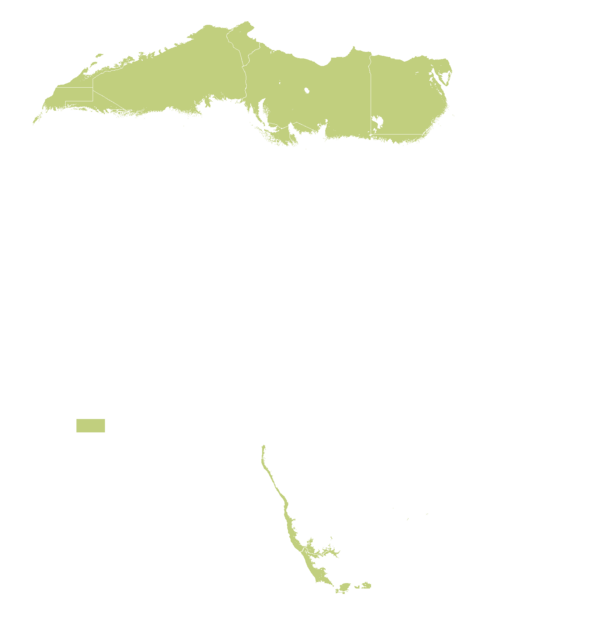










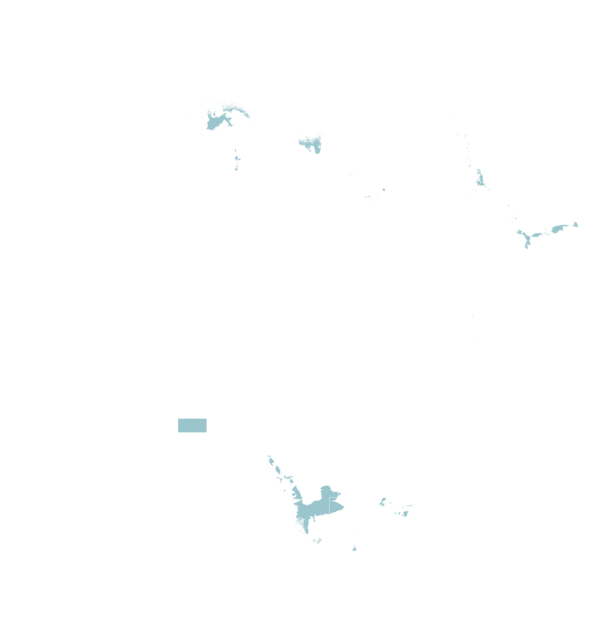

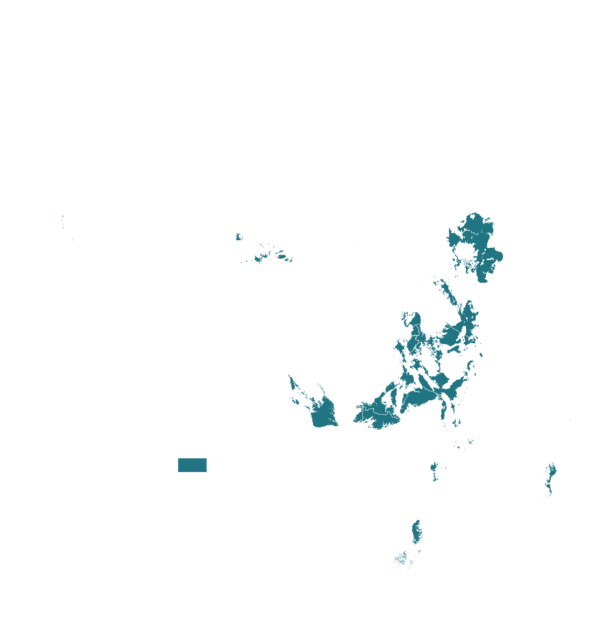

| AEZ | Subtropic - warm | Subtropic - cool | Tropic - warm | Tropic - cool |
|---|---|---|---|---|
| Arid | ||||
| Semiarid | ||||
| Subhumid | ||||
| Humid |
Source: HarvestChoice/IFPRI 2009
The United Nations Sustainable Development Goals that are applicable to this technology.

It enhances soil fertility and crop yields, contributing to food security and improved nutrition.

By reducing chemical fertilizer use, BSFF technology promotes healthier food production and lessens environmental toxins.

It supports sustainable waste management practices, transforming organic waste into valuable fertilizers.

The use of organic fertilizers fosters biodiversity and helps maintain healthy ecosystems, promoting land sustainability.
Last updated on 28 November 2025